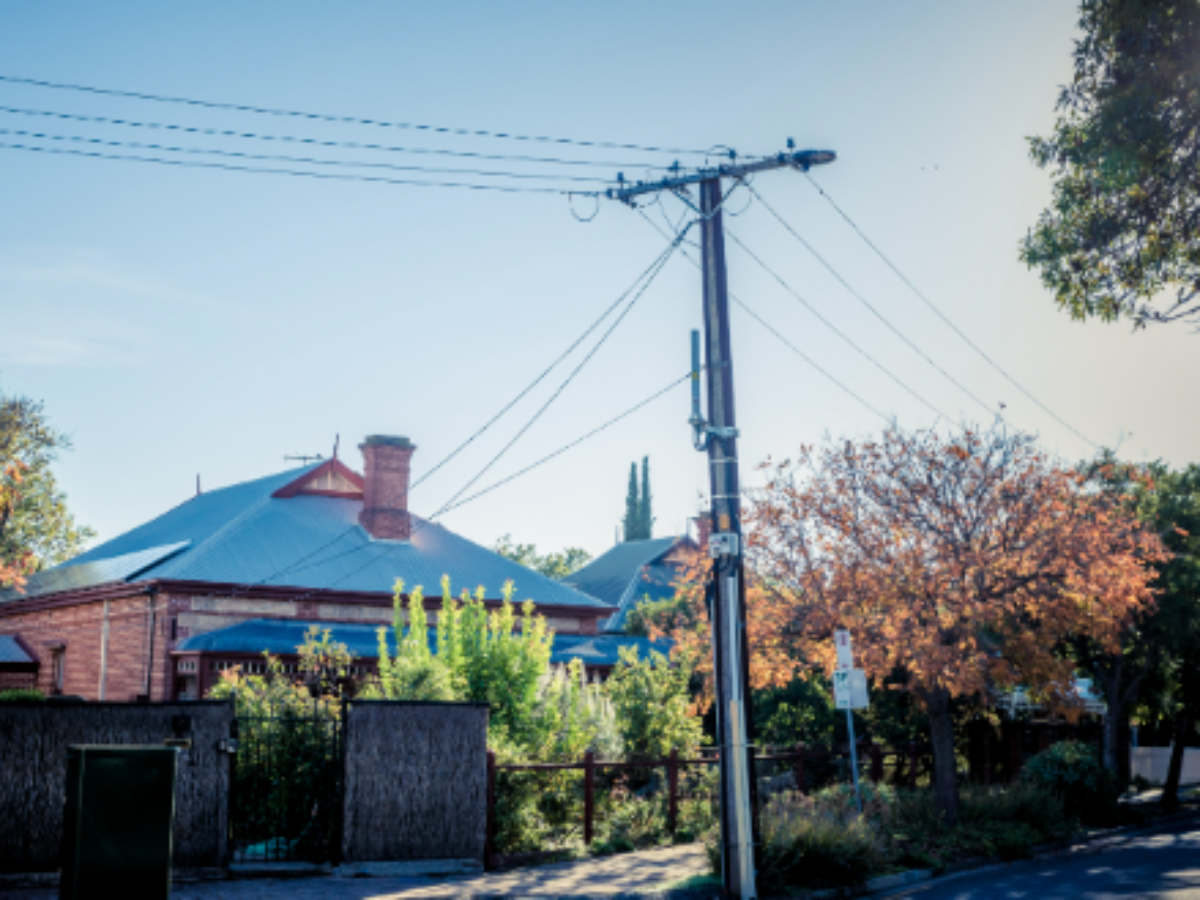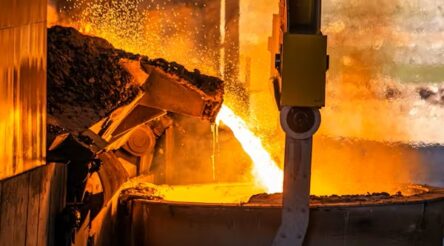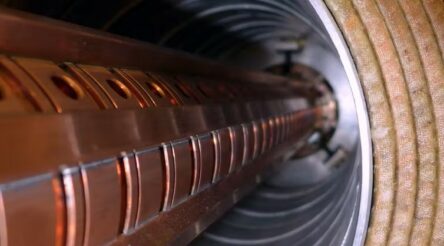Government in the energy business would safeguard pricing – by Shane West

Australia’s electricity grid is being shaken up as states and the Commonwealth embrace renewables. But this also gives Australia a chance to claim back energy monopolies it lost to state owned companies from China and Singapore, argues Shane West.
With coal supplying 80 percent of Victoria’s energy, the closing of the Loy Yang power station will require some transition.
With Victorian Premier Dan Andrews pledge to boost renewables, and in the process reverse the trend towards privatisation of electricity assets, getting off the hook of coal can be done quickly.
It can be achieved with Combined Cycle Gas Turbines (CCGT) that, as more renewables come into play, can drop down to be Open Cycle Gas Turbines (OCGT) peak electricity generators.
South Australia and now Victoria have also signaled a reverse in privatisation.
But to achieve their goals Australian governments state and federal must compete with State capitalism – both small from Singapore, and large from China – which operate outside classic Adam Smith market led neoliberalism.
Australia must learn to operate in the new order – but when competing with State capitalism a smart country needs to be agile enough to learn how to compete.
Examples such as Singapore’s SP Power, Temasek Holdings controlled by the Singaporean Ministry of Finance, and Norway’s State owned Equinor and their associated Sovereign Wealth funds are examples for Australia to learn from.
Australia’s largely monopolistic regulated electricity and unregulated gas distribution have proven to be too good an investment to miss out on, especially for foreign governments.
The FIRB and then Treasurer Joe Hockey allowed Singapore government owned SP Ausnet to sell some of its substantial Australian State electricity and gas assets to State Grid China, the CCP controlled world’s largest State owned energy utility.
Then the FIRB allowed a Singaporean government entity to buy in, which opened the door for a much larger Chinese government owned entity StateGrid, the worlds largest government owned utility, to buy ex Australian government asserts.
From there we have seen a hand in glove pathway of increasing Chinese government investment via Singapore government investment in once State-owned Australian assets.
Successive Australian governments have accepted the mantra that energy distribution and transmission industry monopolies could be sold off to either private or state-owned enterprises.
Successive Australian governments have allowed these public assets to be allowed to transfer their profits and revenues back to China and Singapore with minimal tax paid in Australia.
This opportunity for Chinese CCP backed and Hong Kong enterprises to purchase Australian energy utilities was accepted as Kosher by the FIRB.
Were the FIRB conveniently blindsided by the one country two state mantra? Hong Kong originated CKI (Alinta) are a case in point and the unregulated gas distribution market (Jemena) – 60 percent owned by State Grid and 40 percent by Singapore Power – saw two foreign governments buying into the Australian market.
Alinta’s chief executive Jeff Dimery’s statement that the retirement of coal fired generation will mean an increase in electricity prices to cover their costs, increases in the order of 35 percent in 2023, also needs to be unpacked.
Li Ka-shing’s or CKI’s investments in Australia’s energy infrastructure have produced significant profits, according to the parent company’s reports.
In June 2014, the Adelaide Advertiser reported that SA Power Networks made after-tax profits of $420 a year from each customer compared with $92 for another Li Ka-shing-owned utility in Britain.
SA Energy Minister Tom Koutsantonis said: “I will be writing to the federal regulator and to the Prime Minister Tony Abbott to say that it is unacceptable for a regulated company like SA Power Networks to make super-profits from its customers.”
CKI were fined $750 million in unpaid taxes by the ATO but the FIRB and Scott Morrison still allowed the CKI takeover of Victorian Duet as late as 2017.
Time for Government to get back into the electricity game? Definitely.
The Hong Kong way now the Chinese way
Asked about tariffs on Australian imports this past July, Chinese foreign ministry spokesman Zhao Lijian said: “The measures Chinese authorities have taken on imported foreign goods are strictly consistent with Chinese laws and regulations and established international practice.
“By taking these measures, the authorities are being responsible for domestic industries and consumers.
“They are definitely not ‘coercive’ trade practices as described by the Australian side.”
Shane West has been a director and consultant with Environmental Sciences Australia Pty Ltd for 30 years. Shane has been a local manufacturer of technology, and published research ranging from the heat treatment of cooling towers to the manufacture and commercialisation of sustainable daylighting and natural ventilation products such as the SkyVent. Shane has a PhD in Sustainable Technologies and Methodologies from UTS.
Picture: SA Power networks/profits from stobies
@aumanufacturing Sections
Analysis and Commentary Awards casino reviews Defence Gambling Manufacturing News Online Casino Podcast Technology Videos





